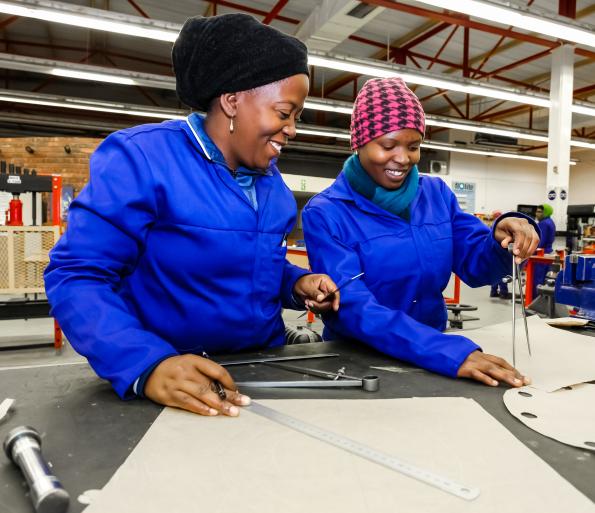MIGRATION AND DEVELOPMENT
The 2030 Agenda for Sustainable Development recognises that migration is a powerful driver of sustainable development, for migrants and their communities.
The 7th target of the 10th Sustainable Development Goal (SDG10) – target 10.7 – prescribes “to facilitate orderly, safe, regular and responsible migration and mobility of people, including through the implementation of planned and well-managed migration policies”.
At EU level, the European Consensus on Development (2017) mirrors the UN 2030 Agenda and acknowledges both the challenges of migration and the opportunities it brings for inclusive growth and sustainable development when well-managed.
Through remittances migrants make major contributions to development and poverty reduction at home. Remittances amounted to USD 540 billion globally in 2020, surpassing Foreign Direct Investments (USD 259 billion) and overseas development assistance (USD 179 billion). Remittance flows tend to be stable and resilient during crises. During the Covid-19 epidemic, for instance, they fell by only 1.6%. The EU is working with partners to promote cheap, fast and reliable remittance transfers in line with SDG 10.c.
PROTECTION
The 1951 Convention relating to the Status of Refugees (Geneva Convention) provides the international legal framework for refugee protection. It recognises that a satisfactory solution to refugee situations requires international cooperation. Against this background, the 2019 UNHCR Global Compact on Refugees intends to provide a basis for predictable and equitable burden- and responsibility-sharing among all United Nations Member States, together with other relevant stakeholders. As of June 2021 and according to UNHCR, there were 20.7 million refugees all over the world, originating from countries such as Syria, Venezuela, Afghanistan or South Sudan. The vast majority of refugees in the world are hosted in developing countries. The Russian invasion of Ukraine has triggered the largest and fastest evolving refugee crisis in Europe since World War II.
The Global Compact emanates from fundamental principles of humanity and international solidarity, and seeks to operationalise the principles of burden- and responsibility-sharing to better protect and assist refugees and support host countries and communities. It is grounded in the international refugee protection regime, centred on the cardinal principle of non-refoulement. The EU has actively contributed to the development of the Compact and is engaged in its practical implementation.
The EU is committed to meeting this common global challenge in a spirit of partnership and will continue to work on strengthening protection systems, protection capacities, and access to international protection within Europe and in partner countries hosting refugees.
Together with its Member States, the EU is the leading donor to support responses to major refugee crisis, bringing together humanitarian and development efforts through the EU policy on forced displacement. The Commission Communication ‘Lives in dignity’ (2016) states our commitment to include forced displacement in our development programming and enhance the shared responsibility of this issue at global level. In 2020, the EU allocated most of its humanitarian budget of EUR 900 million to address the needs of refugees, IDPs and their host communities.
The EU has given considerable support to refugee hosting countries, notably to the countries affected by the Syria crisis through dedicated instruments such as the EU’s Facility for Refugees in Turkey and the EU Regional Trust Fund in Response to the Syrian crisis. In addition, the humanitarian evacuation of people from Libya to Emergency Transit Mechanisms in Niger and Rwanda for onward resettlement helps the most vulnerable. Support for refugees is also channelled through the EU Trust Fund Africa. Most recently, in the context of the situation in Ukraine, an emergency package of €500 million to deal with the humanitarian consequences of the crisis has been allocated. Humanitarian aid will cover food, water, healthcare, shelter and help cover people’s basic needs.




